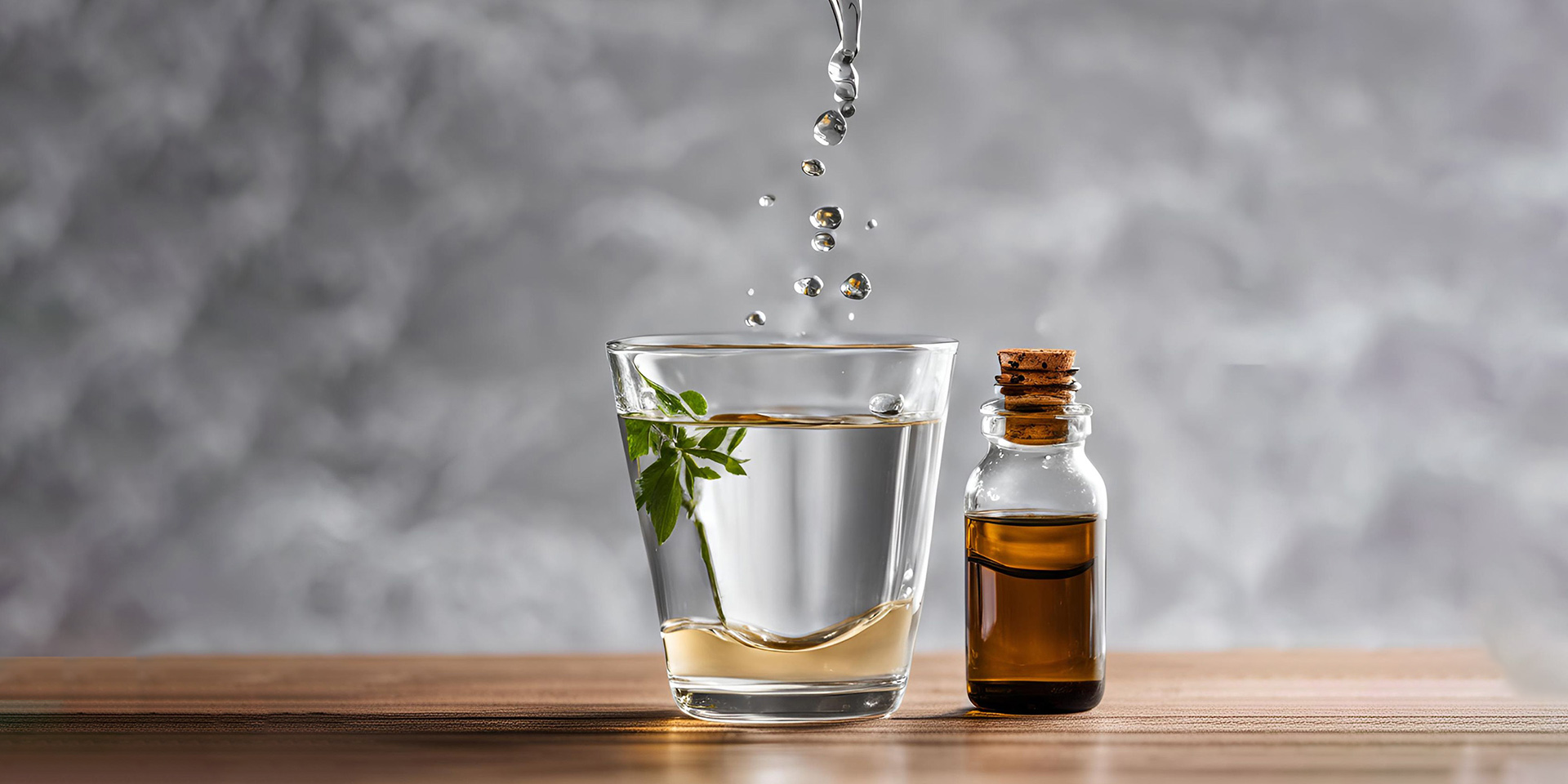Can You Ingest Essential Oils?

Can You Ingest Essential Oils?
As the wellness and natural health movement continues to grow, many people are exploring the potential benefits of essential oils. With their powerful therapeutic properties, it's natural to wonder if you can reap even more rewards by ingesting these concentrated plant extracts. There are many essential oil enthusiasts who claim that ingesting essential oils is beneficial and can treat serious medical issues, leading to a great amount of misinformation online that is becoming confusing. However, the truth is that essential oil ingestion can be incredibly dangerous and should be avoided. At Khemist, we believe that essential oils are meant for topical and aromatic use only - not internal consumption.
The Dangers of Ingesting Essential Oils
Essential oils are highly concentrated, potent, and can cause a lot of side effects if taken orally. This is why, when used topically, it’s important to dilute the oils first before applying them to our skin. Can you imagine the effects if you eat or drink them? Ingesting even a small amount can cause serious internal damage and poisoning. Even if you are purchasing essential oils from the same company, they can vary in terms of quality, and each batch will have variants as there are a lot of variables that can occur, such as weather, temperatures, and the geography of where the plants are harvested. These factors can affect the quality of the essential oils each time. The variance in quality can lead to variance in their effects, which means that they can be unpredictable if consumed.
Therapeutic vs. Food Grade Essential Oils
Many companies say that their oils are therapeutic grade, but what does that mean? Basically, it is an indicator that the essential oils are pure and of a high enough quality that they can be used for aromatherapy purposes and topical applications such as skincare or massage. It is important to note that therapeutic grade essential oils are not recognized or regulated by the FDA.
There are some companies that do provide food grade or “GRAS” (Generally Recognized as Safe) essential oils; however, these may not necessarily be regulated by the FDA. Always take precaution, fully research the essential oils, and consult a qualified healthcare professional before considering any internal use.
Better Options for Internal Use
If you're looking to experience the benefits of plant compounds internally, there are much safer options like herbal tinctures, supplements, and organic whole foods. These delivery methods provide the therapeutic value without the concentrated danger of essential oils.
The Bottom Line
The bottom line is that essential oils are simply not meant to be ingested. For your health, wellness, and safety, it's critical to use these oils only as directed - through topical application and aromatic diffusion.


